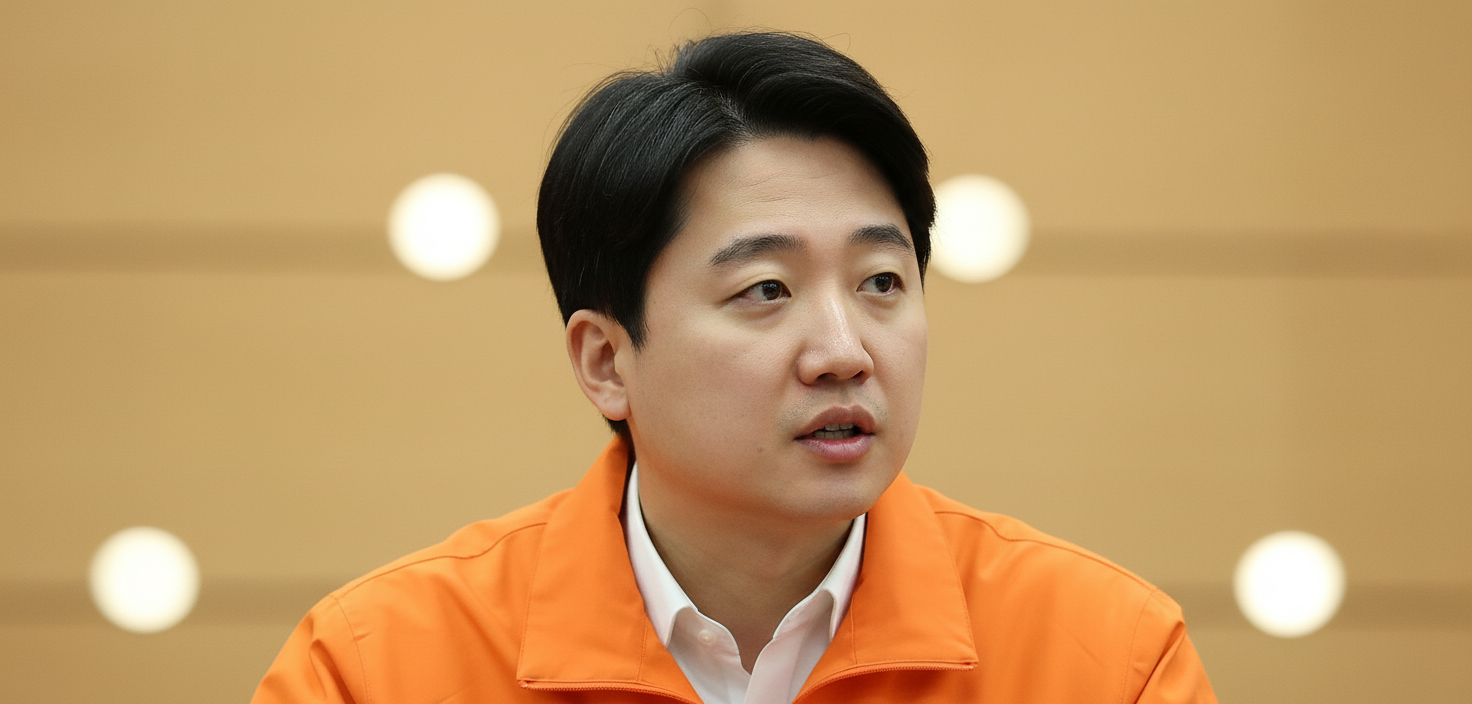Lee Jun-seok: Tariff Cuts on Cars, Semiconductors a Success, Steel Remains a Challenge

Lee Jun-seok: Tariff Cuts on Cars, Semiconductors a Success, Steel Remains a Challenge - Key Points
Lee Jun-seok, leader of the New Reform Party, assessed the results of the U.S.-Korea tariff negotiations announced today (October 30th) as positive for the automotive and semiconductor sectors. He expressed optimism about the positive impact that tariff reductions in these areas will have on the Korean economy, predicting that this negotiation will contribute to strengthening the competitiveness of related industries. He emphasized that the automotive industry is one of Korea's main export drivers, and semiconductors are a key component of the national economy, making these tariff cuts highly significant. In this regard, he added that the government and businesses should cooperate to maximize the tariff reduction effects and secure a competitive advantage in the global market. Lee stated that the New Reform Party will continue to provide policy support to ensure that Korean companies can operate more actively on the international stage.
However, Lee Jun-seok expressed disappointment regarding the high tariffs maintained on steel in the U.S.-Korea tariff negotiations. Considering the importance of the steel industry to the Korean economy, he worried that maintaining these tariffs could negatively impact the industry's development. He pointed out that the maintenance of steel tariffs, especially amid the U.S.'s strengthening protectionist stance, could weaken the export competitiveness of Korean steel companies. Lee emphasized that the government must make multifaceted efforts to strengthen the competitiveness of the steel industry and insisted on the need to negotiate further with the U.S. to secure steel tariff reductions. The New Reform Party stated that it will continue its policy efforts to resolve the difficulties of the steel industry and support its continued growth. In this regard, it added that it plans to reflect the voices of the field in policy through close communication with the steel industry and to prepare practical support measures.
Jang Dong-hyuk, leader of the People Power Party, welcomed the conclusion of the U.S.-Korea tariff negotiations today (October 30th), but also mentioned that "the burden is just beginning," indicating that there are many challenges to be resolved in the future. While expecting that this negotiation will have a positive impact on the Korean economy, Jang emphasized that there are still many tasks to be solved in the relationship with the U.S. He expressed concern about the U.S.'s strengthening protectionist moves, arguing that the Korean government must actively respond to changes in U.S. policy. Jang stated that the People Power Party will continue to make every effort to maximize the interests of the Korean economy and counter U.S. protectionism. He also promised that the party would provide policy support to ensure that Korean companies can operate more actively in the global market as a result of this negotiation.
KAI (Korea Aerospace Industries) strongly refuted allegations raised by Representative Park Sun-won today (October 30th) regarding the 'KAI Gate' scandal, stating that they are "political claims that are different from the truth." KAI criticized Representative Park's claims as groundless false information and actions that seriously damage KAI's reputation. KAI expressed concern that this allegation could hinder KAI's management activities and negatively impact the development of the Korean aerospace industry. KAI stated that it will respond strongly, including legal action if necessary. A KAI official emphasized that "KAI has continuously worked to develop the Korean aerospace industry and will continue to repay the public's trust through transparent and fair management." KAI added that it will further strengthen internal audits and make greater efforts to increase management transparency as a result of this allegation.
